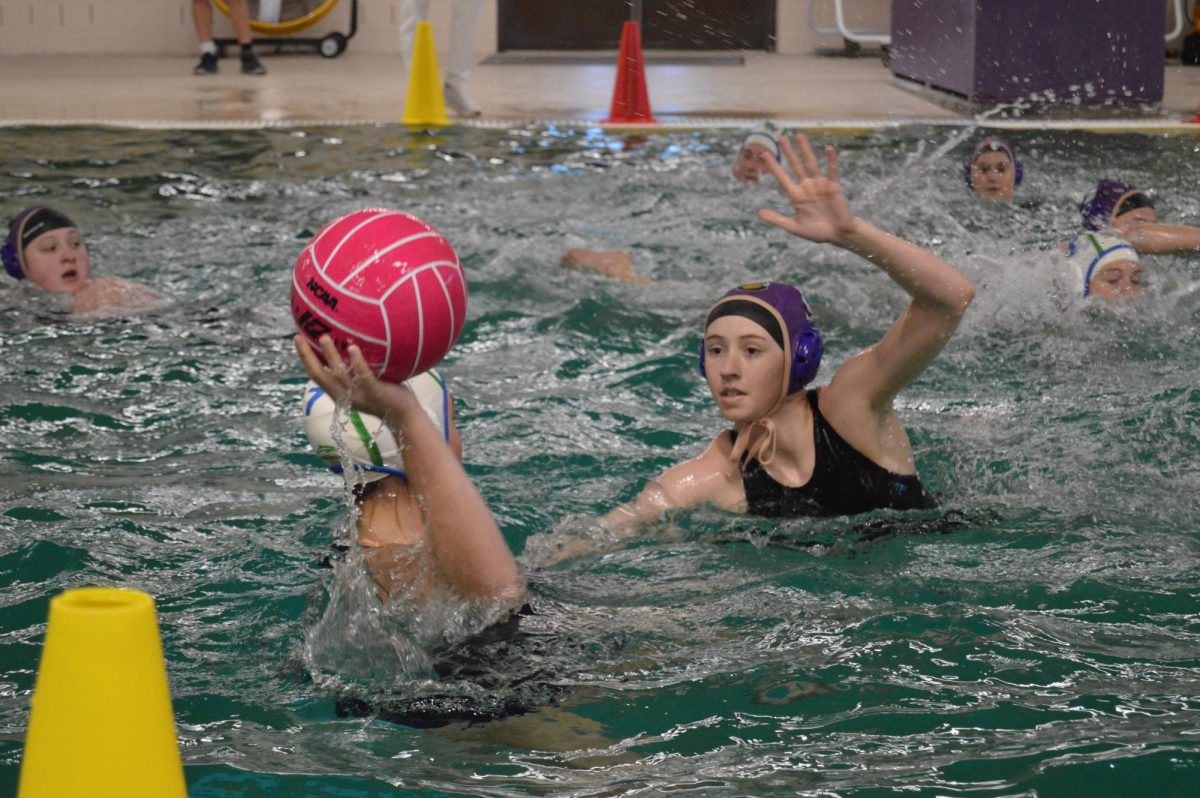Throughout the month of February, Olympians suited up in various colors with determination coursing through their bodies and warming the otherwise freezing Sochi air.
It was a collection of each nation’s most talented athletes performing at their very best in hopes of winning a gold medal.
At the same time, however, another group of Olympians were competing somewhere else: all over the nation.
The Special Olympics are not limited to once every few years. Instead, the program happens 365 days a year, every year. This is because the Special Olympics opens itself to anyone with an intellectual disability (commonly referred to as an ID).
The ‘Our Athletes’ page on the Special Olympics website explains the reason behind the constant activity.
“Intellectual disabilities happen in all cultures, races and countries. The goal of Special Olympics is to reach out to the 200 million people in the world with ID. Our more than 4.2 million Special Olympics athletes – ages eight years old and up — come from more than 170 countries,” specialolympics.org said.
Some of these athletes are directly connected to PHS and so are some of the volunteers. Senior Garrett Balmer, who recently returned from the Special Olympics Winter Games in Wenatchee, is one such volunteer.
“The last Special Olympics event I attended was actually this last weekend at the state tournament where we ended up being the gold medal winners. It was honestly one of the most fun things I have done and just an overall excellent experience to have,” Balmer said.
Balmer started helping with the Special Olympics just last year and it has been extremely affected by the experience, so much that it has made a difference in his plans for the future.
“I plan on volunteering with the Special Olympics after I graduate for sure, whether with Puyallup or any other program I do not know. I have just had so much fun helping this program the last two years I could not imagine not continuing in th,e future,” Balmer said. “This has actually helped me decide that I want to go to college and become a teacher for kids with special needs and potentially start my own program one day.”
As inspiring as the Special Olympics are for volunteers, it strives to be even more so for the athletes competing.
“At Special Olympics our athletes are empowered to share their many gifts and talents with society. Yet it is more than that. Our athletes also become empowered to be leaders in society and teach us all about acceptance and understanding,” specialolympics.org said on their “Our Athletes” page.
The message of acceptance was extremely strong March 5 as Special Olympics partnered with r-word.org to ‘Spread the Word to End the Word.’ The campaign is about ending use of the word ‘retarded’ as a synonym for dumb or stupid.
“If people want to call someone stupid, do not use the r-word. It is very offensive to a lot of people out there and it is not even close to accurate,” Balmer said. “So many of the kids with special needs are the most innocent and nicest people I have ever met, so people using the r-word especially offends me and it should offend everyone.”
After all, people with ID not only victor over their disabilities, but they go on to victor in sports. One such example is the PHS basketball team bringing home a gold medal from the Washington winter games. Another is junior Adam Galan making the difference between a win and a loss during a basketball game.
“We were struggling to make a shot when Adam Galan hit what turned out to be the game winning 3-point basket and we won 21-20,” Balmer said. “When he hit that shot his face lit up with excitement, I am pretty sure he was the happiest kid in the world at that moment.”
Experiences like this should never be limited to certain types of people and the Special Olympics is determined to not only spread that message but allow people with ID to become champions.
Twelve of the 16 volunteers on the basketball team this year were seniors, so there is room for juniors and sophomores to sign up.
On their ‘Our Volunteers’ page, the Special Olympics website covers what is so important about not only volunteering, but the events in general.
“Special Olympics is about transforming lives, including your own. It is about a spirit of giving and teamwork,” specialolympics.org said. “It is about making your community and neighborhood a more welcoming and accepting place for people of all abilities.”


